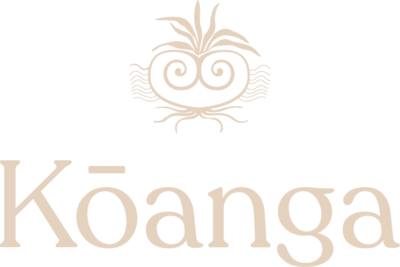Heritage Seeds
Our seeds and plants are heritage varieties but what does that mean?
There isn’t one universally agreed definition of the term “Heritage Seed” but all definitions agree that these are old varieties of seed. Our definition is seed that, to the best of our knowledge, has never been bred for or grown in the industrial system. It is a seed that has been passed on down for several, if not many generations in a distinct physical geographical area so that the seed is adapted to those local conditions and the people who grow and eat the food grown from those seeds. Seeds are our cultural Taonga.
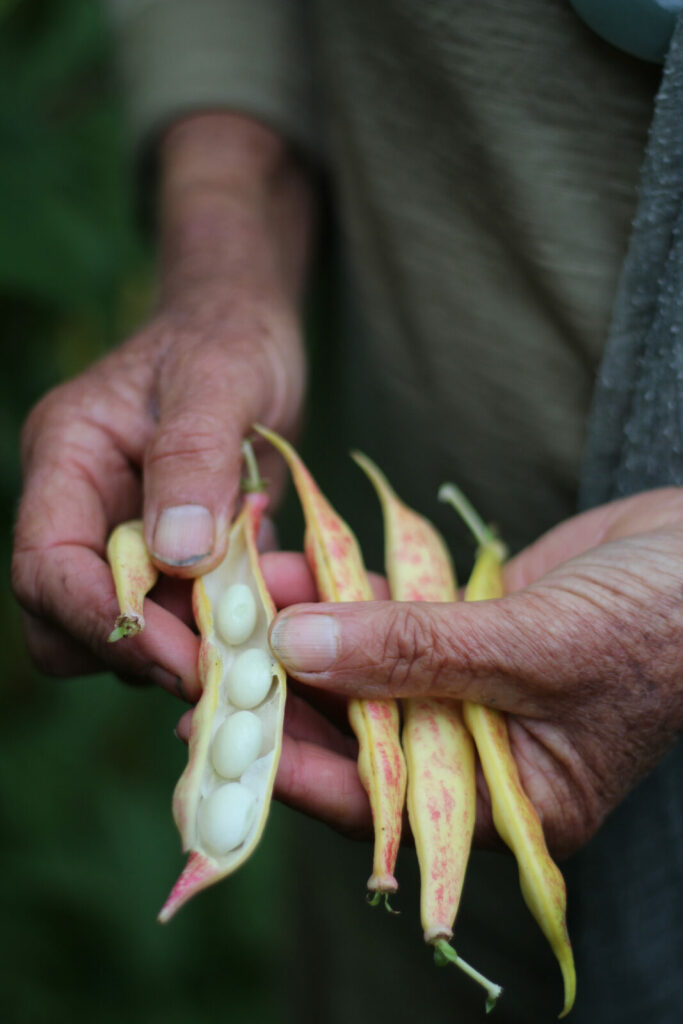
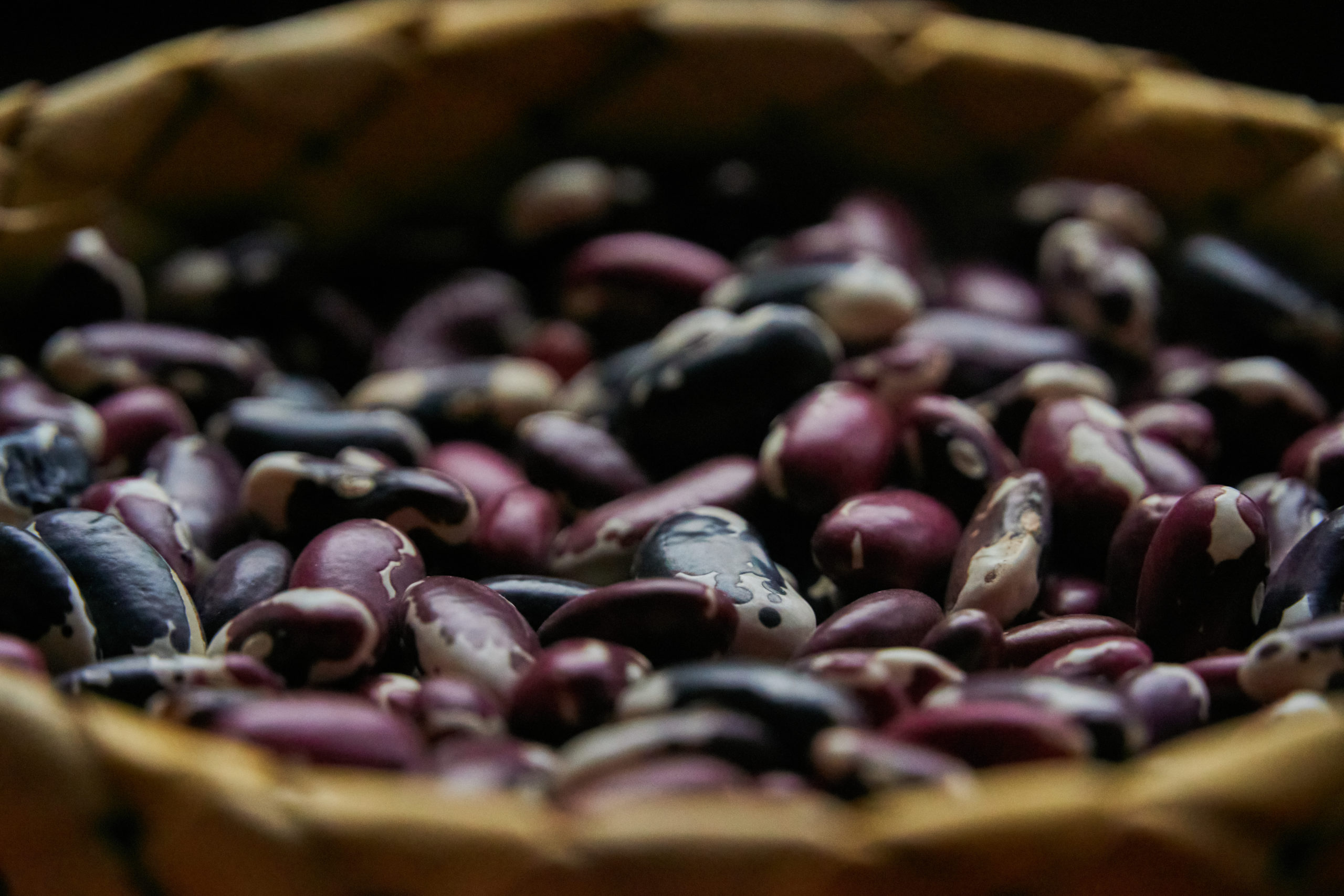
Does Heirloom seed mean the same as Heritage?
Broadly speaking the term ‘heirloom seed’ means the same as ‘heritage seed’.
NZ Seeds
Our seeds are not just heritage seeds but the bulk of the collection are New Zealand Heritage seeds. This means they have been in New Zealand for a long time and do well here. Even those in our collection that were not originally NZ heritage seeds were brought to NZ over 30 years ago now and have been grown and selected in this land for that time in our organic biological systems so they will perform differently to and better than seed with the same name brought from elsewhere. They are all our children and grandchildren have known. They are now, we believe, ‘our‘ heritage seeds too!
Heritage plants represent important biodiversity in food plants
Industrial agriculture has narrowed down the range of plants grown and their main kaupapa is about profit not about healthy food. Biodiversity is hugely important right now but also as we move forwards into an uncertain future. We have lost so much of our food biodiversity (over 90%) and it is important that we preserve what we have left, because our human health and survival is dependent on biological diversity in our food.
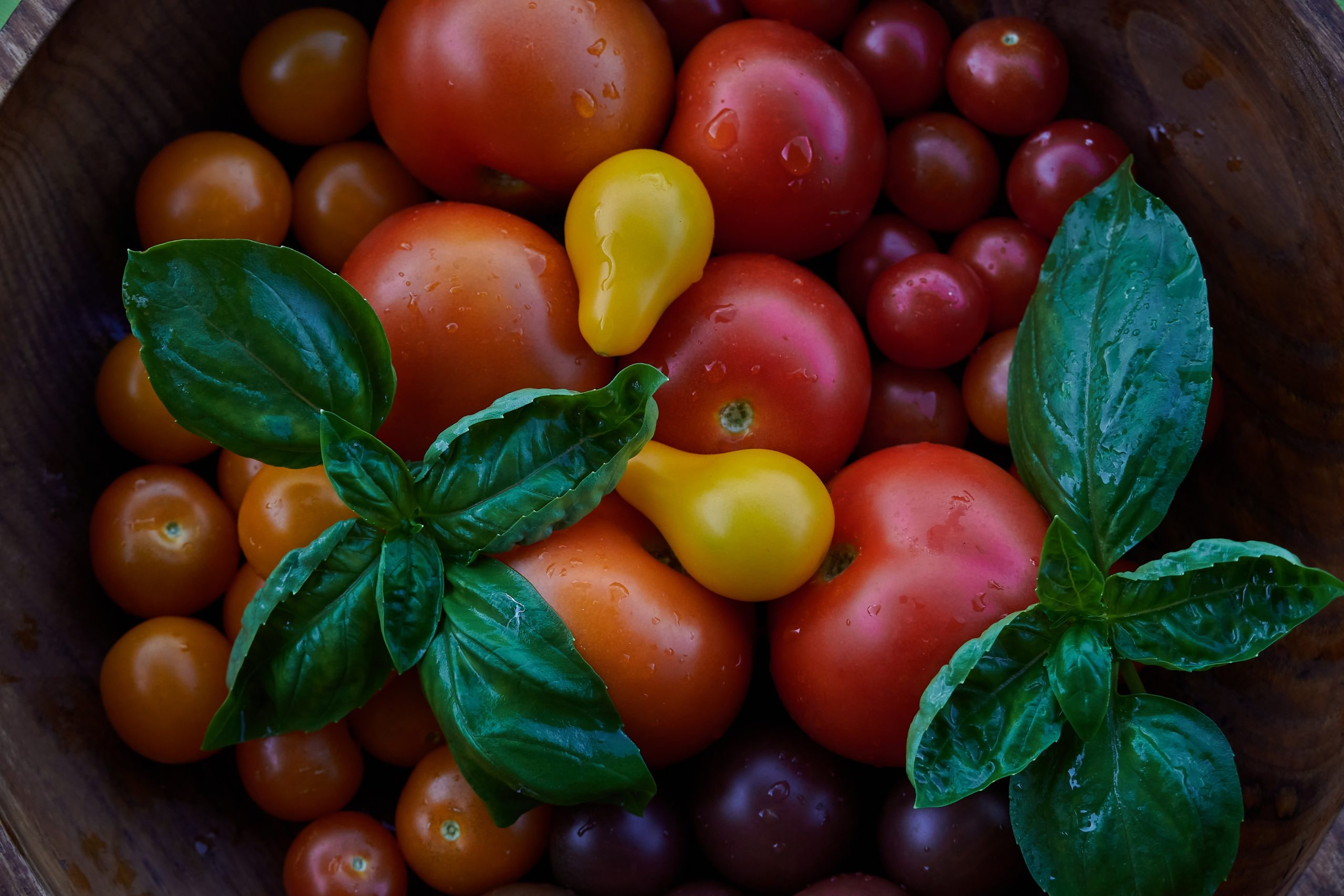
Proven to suit New Zealand conditions and we know their history or whakapapa
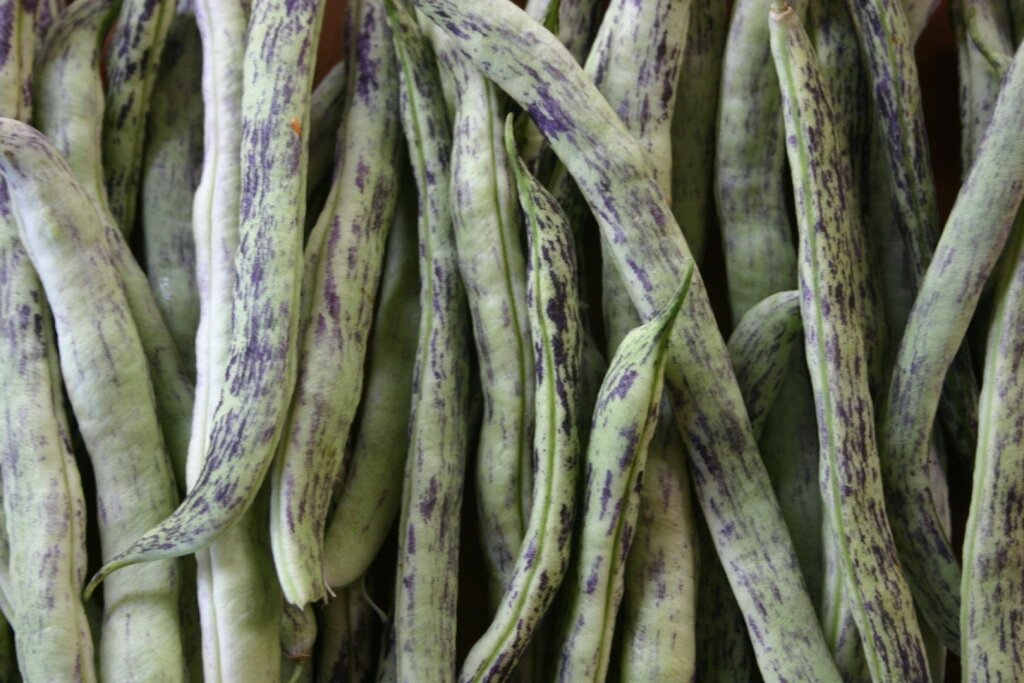
Most of the plants in our collection have been in New Zealand for a very long time, brought here by different waves of settlers who treasured the familiar food plants from their homelands. Some of the plants they brought adapted and thrived in the New Zealand conditions and continued to nourish families over generations, but then started to be lost as industrially produced food took over as the mainstay of people’s diets. Koanga’s mission has been to save as many of the treasured New Zealand heritage varieties as possible and these form the basis of our collection.
These plants are precious and have their own stories of how they came to be here. We not only collected the plant material and the seeds, but also the stories and whakapapa of these plants and the old people who ensured their survival until today. The beautiful diversity that we see in our heritage collection – in the flavours, shapes and colours, is a glimpse of the past varieties of all the vegetables. So when you buy from Koanga you are also connecting with a piece of our shared history.
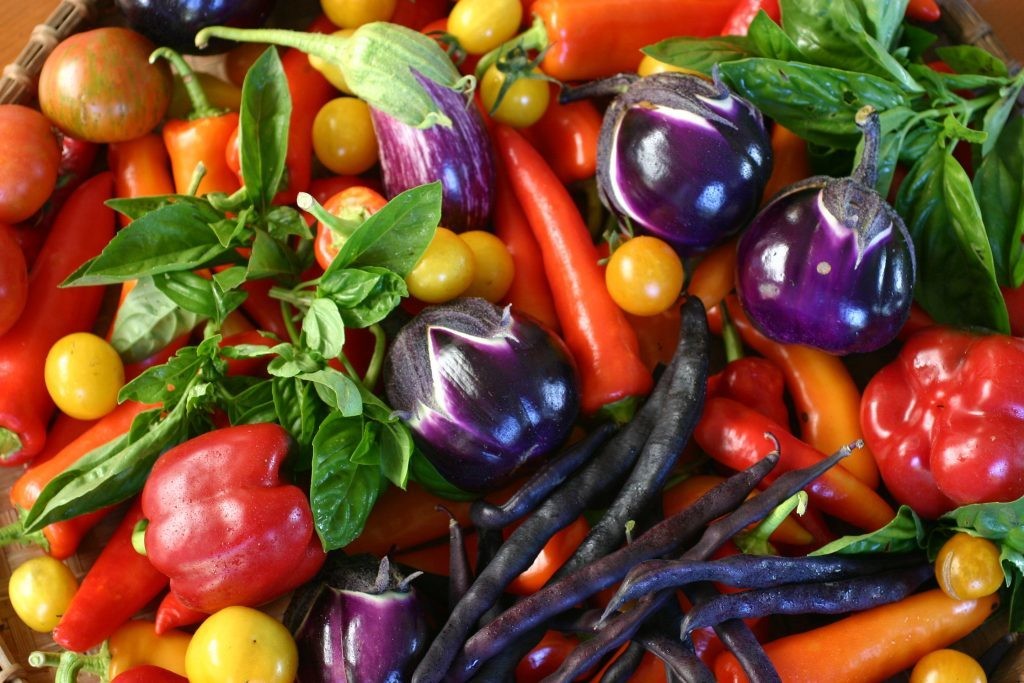
Open pollinated
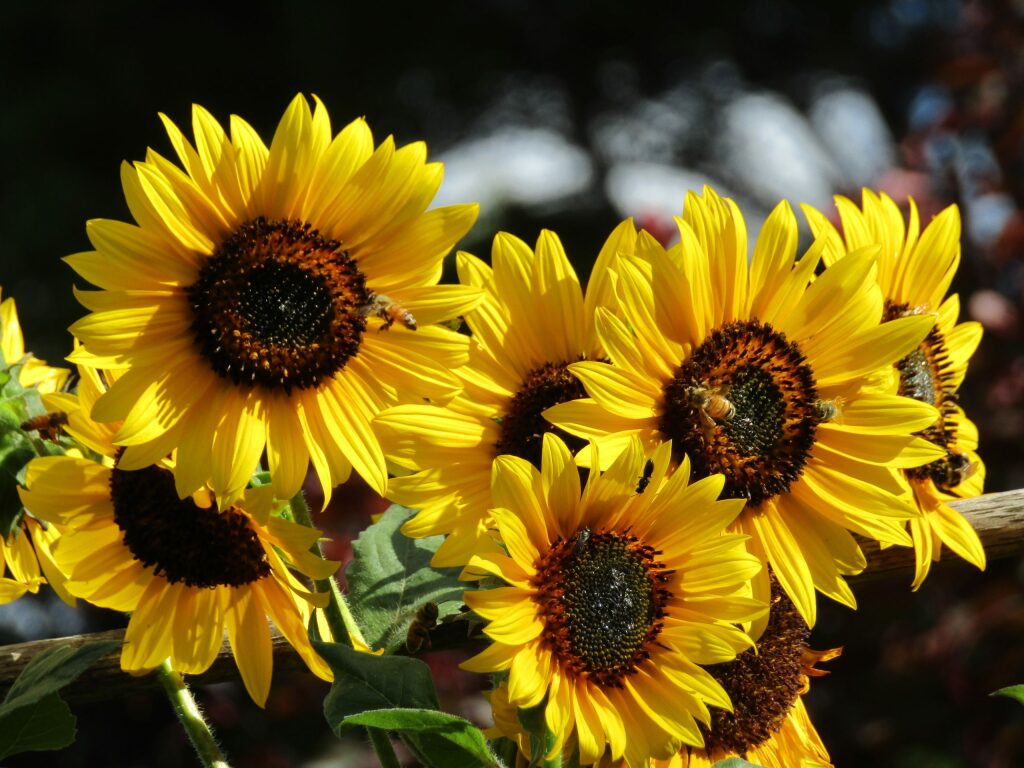
Heritage seeds are open pollinated. This means that they are pollinated naturally by birds, insects, or wind or through self-pollination. As long as they are isolated from other varieties in the same plant species, they grow true-to-type and their seeds can be saved to grow the same variety the following year. Also because there are no restrictions on the flow of pollen between individuals, open-pollinated plants are more genetically diverse. This can cause a greater amount of variation within plant populations, which allows plants to slowly adapt to local growing conditions and climate year-to-year and evolve to suit changing conditions.
Seeds that are open pollinated and grown in a healthy ecosystem, remain strong for the future, resistant to pests and diseases, are able to communicate with their ecological system and they create a strong resilient future for our food base. This is co-evolution at it’s best and the way it always was. This is part of what we need to create a resilient food future system
What’s wrong with hybrids?
There is nothing inherently wrong with hybrids. Plants crossing and producing hybrids is the way that new varieties of plants were developed throughout the ages. There are disadvantages though in that hybrids don’t breed true and it can be a long process of selective breeding to stabilise a variety so that it does breed true. In addition many of the modern F1 hybrids have been bred in industrial systems to produce particular characteristics so are less genetically diverse, and often contain enzyme blockers which prevent the seeds from picking up key minerals from the soil and so our food plants can be missing key minerals which our DNA requires. Koanga does not sell hybrids and we do not believe these are best for home gardeners. Seeds marked as F1 hybrid seed can also, because of a loophole in the USDA labelling system, also be CMS seed rather than F1 hybrid seed. CMS stands for Cytoplasmic Male Sterility and seed produced this way is genetically engineered. If you’d like to know more about that click here. In New Zealand organic growers can buy F1 hybrid seed to grow vegetables that is actually CMS seed and sell their produce as organic. Biodynamic growers can not do that.
Suitable for home gardeners and organic systems
Heritage seeds have been grown over generations to have the qualities that home gardeners are looking for such as a long cropping season, great taste, nutritional value, plant health, disease resistance and suitability for organic systems. When plants are grown in profit driven industrial systems the needs of the growers are quite different to the needs of home gardeners. They require uniformity, short cropping seasons, and long shelf life. Health and disease resistance is not an issue as plants are propped up with artificial fertilisers and pesticides. Nutritional value is not a priority.
Our heritage seeds are inherently suitable for home gardeners and then Koanga continues to grow and select our plants to be suitable for home gardeners so they are disease resistant, crop over long periods, and are nutritious and flavourful.
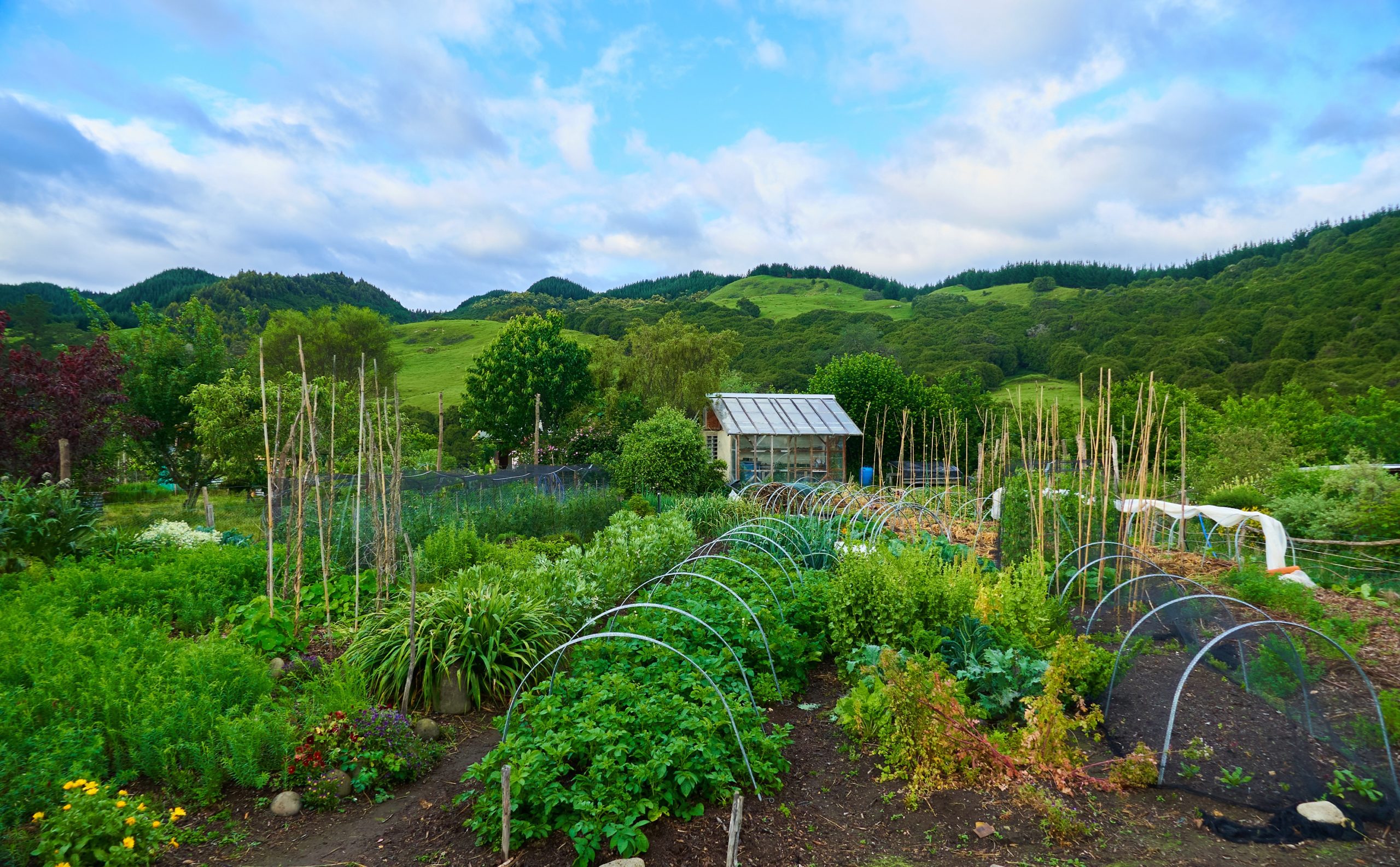
One of the issues these days with so-called heritage seeds, is that almost all of these seeds you can buy today have actually come from industrial seed producers somewhere else in the world. They have been grown by these seed producers in dead soil and selected in an industrial system now for 20-30 years, so our understanding is that our seeds are significantly different to those that were grown somewhere else in an industrial system. The benefits of using seed such as Koanga seed may not be truly discovered by most people until the industrial system breaks down and we can no longer buy industrial fertiliser to grow our vegetables. Once we are back to using local organic regenerative practices, we believe our seeds will truly stand out .
Grown in New Zealand
All of our seeds are grown by us here in New Zealand, mostly in the sunny Hawke’s Bay, a few lines in Northland and some of the carbon crops by certified organic growers in the South Island, so they are adapted to NZ soils and climates.
Organically grown and not treated
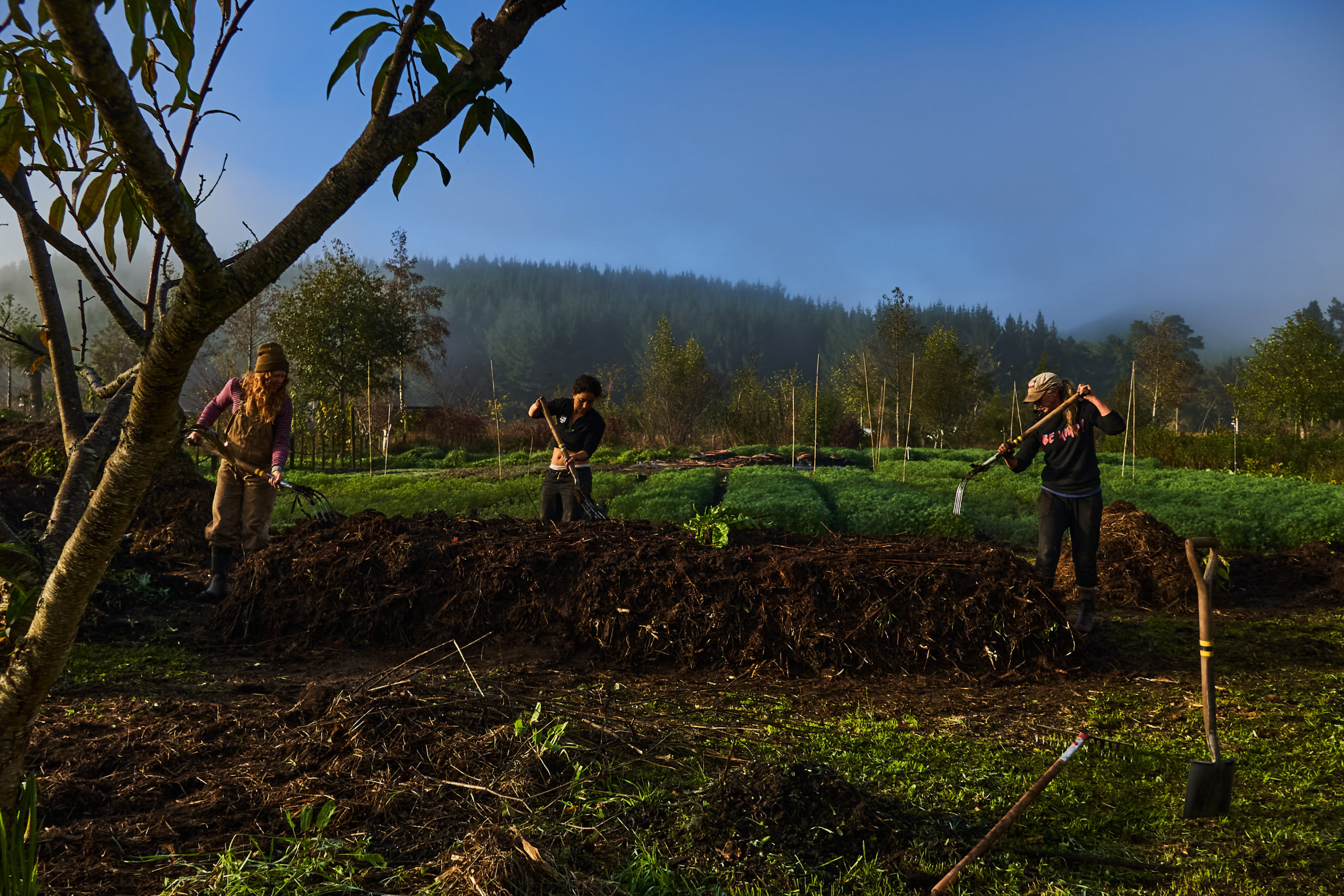
Our seeds have been grown according to organic standards and beyond organic standards, although are not organically certified. This means they have not been grown using any inputs that do not meet organic standards. They have not been genetically modified or interfered with using any of the other technology now being used (such as CMS – cytoplasmic male sterility). In addition none of our seeds are ever treated with fungicides, unlike many imported seeds. Although we are not certified we can provide suitable documentation for certified organic growers who grow our seeds or plants.
Regeneratively grown
We strive with everything that we grow to produce healthy, nutrient dense plants in a way that not only doesn’t harm that soil, but that also regenerates it. Regenerating the soil requires that we have minerally rich soil that supports a living soil food web with healthy microbial and fungal networks. Healthy living soil is not only the best way to create healthy, nutritious food but has numerous other benefits including disease resistance, water holding capacity and the ability to sequester carbon in the soil thereby helping to mitigate against climate change.
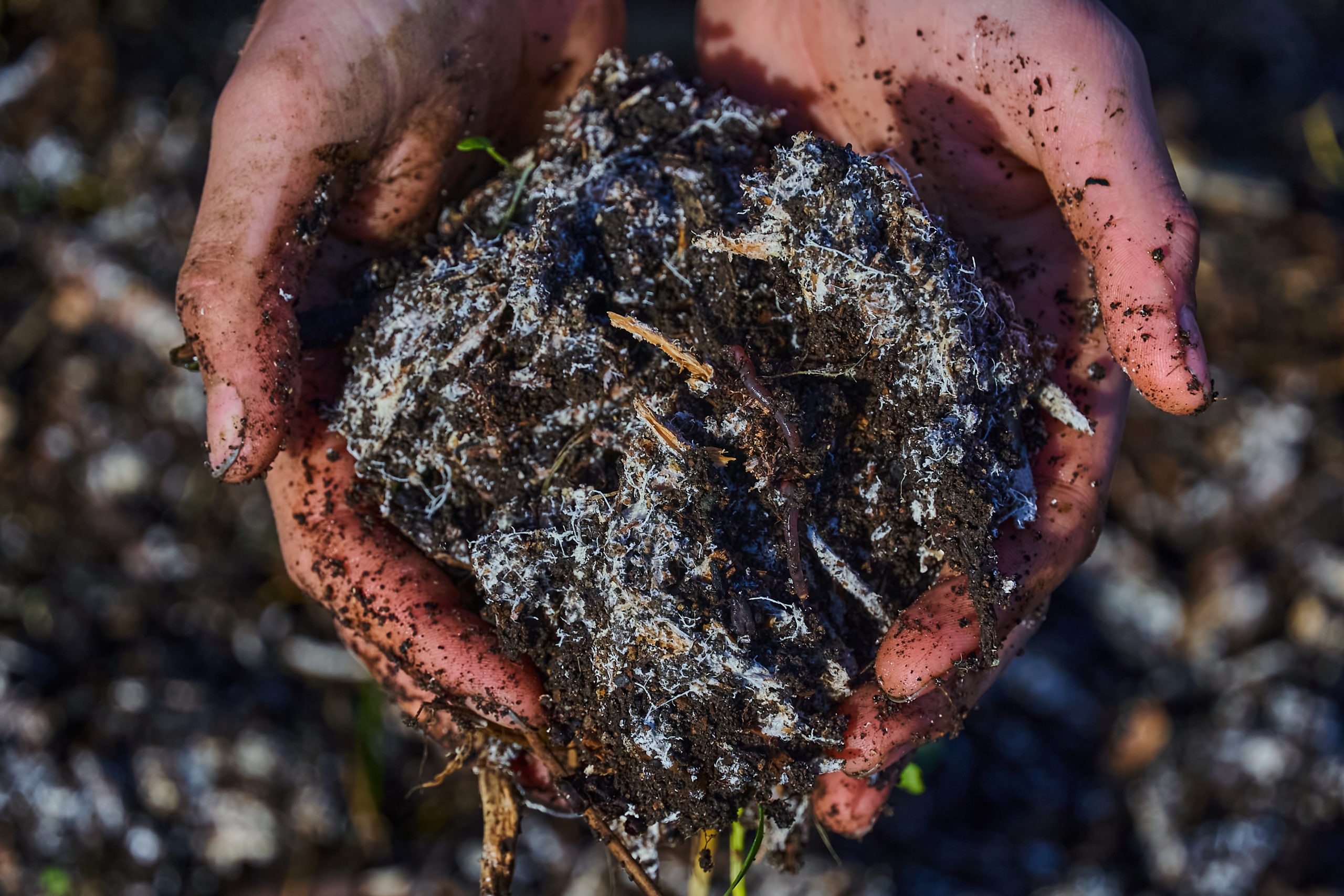
Nutritional value
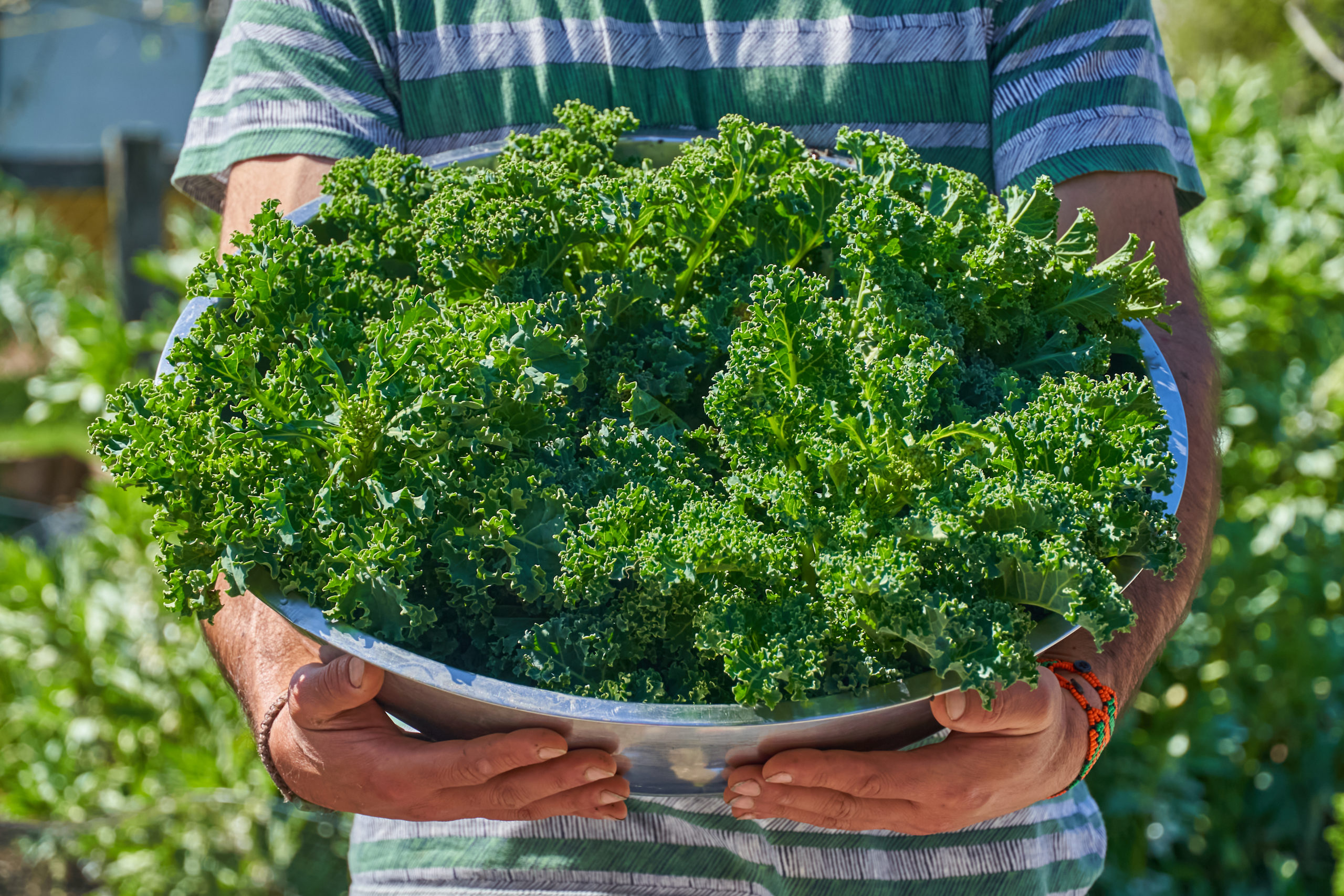
The nutritional value of plants is influenced by two major factors – what is grown and how it is grown. Heritage seeds evolved in mineral rich soil with a healthy soil ecology so are able to communicate with the life of the soil, and the food grown from them is in turn fully able to nourish us, unlike the food grown from industrial seed. There is lots of research to show that as varieties have been selected for industrial systems the nutritional value has decreased. How plants are grown is the other factor and our plants are grown in soil that has high levels of balanced minerals and a healthy soil food web. This means that the needs of the plants are met and we produce high quality seed.
